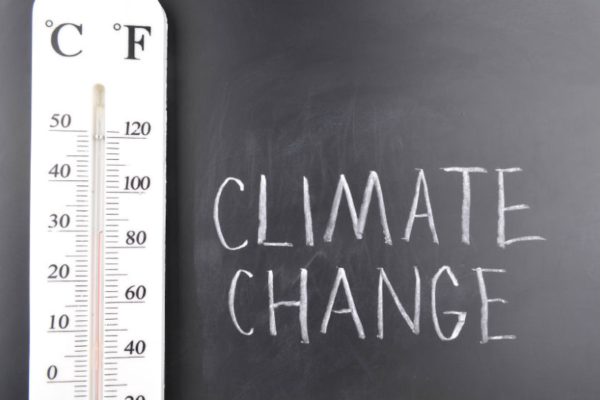Critics of the COP28 meeting in Dubai complain that a wealthy country that produces lots of oil is a peculiar place for a United Nations climate conference. But the host country’s presence and active engagement leading up to the stunning agreement to transition away from fossil fuels in energy systems shows the importance of getting oil-rich nations onboard with carbon emissions reductions.
As a native to Texas – a bigger “petrostate” than the United Arab Emirates – I’m not surprised because the Lone Star State has been leading the way on decarbonization for decades. And none other than famed Texas oilman, governor and former president George W. Bush deserves a reasonable slice of the credit.
Though his official on-the-record position was skeptical of climate change, he supported and signed into law a few key provisions that helped cause national carbon dioxide emissions to drop from their peak during his administration to where they are today. In fact, although other nations pledge to chase net-zero and then do little in terms of action, national annual carbon dioxide emissions here have already dropped about 20%.
Working with Democrats in Texas in 1999, Bush signed into law one of the nation’s first renewable portfolio standards, called RPS, before California, New York, or the UK. That law was coupled with deregulation of the Texas power markets, which shifted the grid to prioritize the use of power plants with the cheapest marginal costs. Those two factors – a nudge towards renewables with the RPS and a market system that rewarded affordability – combined to make our state a clean electricity powerhouse. We are by far the largest wind power in the nation and fourth largest generator of electricity from wind turbines in the world. The state is also overtaking California for solar farms.
But he didn’t stop there. He shaped the Energy Policy Act of 2005 that enabled the shale boom. He tightened fuel economy standards for cars, lessening demand for gasoline. He followed those actions with lightbulb efficiency standards and stricter mercury emissions rules for coal smokestacks. These initiatives all together slowed the growth in gasoline consumption (which peaked in 2018), leveled national energy consumption – which has stayed the same for 20 years despite significant population and economic growth—flipped energy imports to exports and helped coal consumption in the U.S. to drop roughly in half in the past 15 years.
There were also some policy mis-steps of course. The deep devotion to corn-based ethanol and the 2003 State of the Union speech in which he suggested that the first car driven by a child born that year might be powered by hydrogen both look silly in retrospect given the rapid rise of electric vehicles. But in the world of energy it is easy to be wrong when predicting the future.
All told, with consumption of coal and gasoline dropping, we are now a world leader on the energy transition, and these policy successes in Texas and Washington DC in the Bush era show the power of bipartisan collaboration. It should also serve as a reminder that cleaner, domestic energy serves many climate, security and economic goals. And that we would be wise to keep these lessons in mind as we grapple with energy policy again today in a less collaborative partisan environment.
Michael E. Webber is John J. McKetta Centennial Energy Chair in Engineering at The University of Texas at Austin.
A version of this op-ed appeared in the Dallas Morning News.




